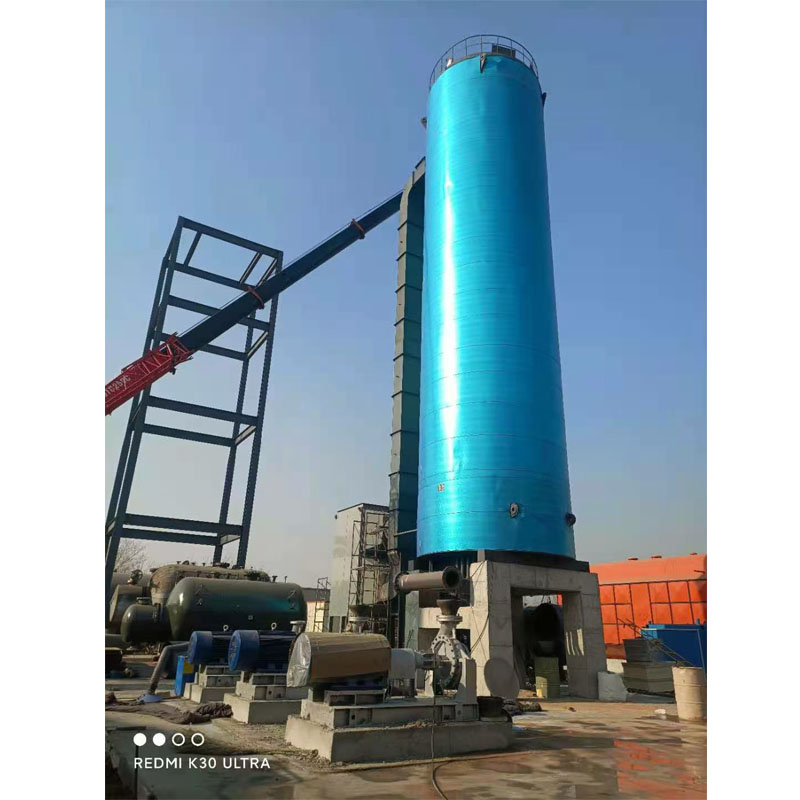Trends in Industrial Boiler Sales and Their Impact on Market Growth
Industrial Boiler Sales Trends, Challenges, and Opportunities
The industrial boiler market has witnessed significant changes in recent years, driven by advancements in technology, increasing energy efficiency standards, and growing environmental concerns. This article explores the current trends, challenges, and opportunities in the industrial boiler sales sector.
Current Trends
One of the most defining trends in industrial boiler sales is the push towards energy efficiency. Companies are increasingly seeking boilers that not only meet production demands but also adhere to stringent energy regulations. Newer models incorporate advanced technologies such as condensing designs, which can recover heat from exhaust gases, significantly improving overall efficiency. This push for energy-efficient solutions aligns with global sustainability goals, as businesses aim to reduce their carbon footprints.
Additionally, the integration of IoT (Internet of Things) technology has begun to revolutionize boiler systems. Smart boilers equipped with sensors can provide real-time data analytics, enabling better monitoring and maintenance. This technology not only increases operational efficiency but also helps companies avoid costly downtimes by predicting maintenance needs before they become critical issues.
Another trend is the rise of alternative fuels, such as biomass and biogas. As industries look for sustainable energy sources, the adoption of biomass boilers—capable of burning organic materials—has seen substantial growth. This shift is not just about regulatory compliance; it also reflects a broader move towards corporate responsibility and sustainability, which can improve brand image and consumer loyalty.
Challenges in the Market
Despite the positive trends, the industrial boiler market also faces several challenges. One of the primary issues is the high initial cost of advanced boiler systems. While the long-term savings from energy efficiency can be significant, the upfront investment can deter some companies, particularly smaller enterprises with limited budgets from adopting modern technologies.
industrial boiler sales

Moreover, the complexity of regulatory compliance presents another challenge. With varying standards and regulations across different regions, manufacturers must stay informed and adapt their products to meet these diverse requirements. This can lead to increased production costs and longer lead times, impacting the overall competitiveness of industrial boiler companies.
Furthermore, the growing trend towards remote monitoring and management can create cybersecurity vulnerabilities. As boilers become more interconnected, the potential for cyberattacks increases, posing risks not only to operational integrity but also to sensitive company and client data. Ensuring robust cybersecurity measures will be essential for maintaining trust and ensuring the longevity of smart boiler systems.
Opportunities for Growth
Despite these challenges, there are significant opportunities for growth in the industrial boiler sales sector. As industries worldwide continue to pursue sustainability, the demand for eco-friendly boilers is likely to rise. Companies that innovate and provide solutions that prioritize resource efficiency and environmental responsibility will differentiate themselves in a competitive market.
The expansion of emerging markets also represents an opportunity. Many developing nations are investing heavily in infrastructure and energy production, creating a burgeoning market for industrial boilers. By tailoring products to meet the specific needs of these regions, companies can tap into new revenue streams.
Additionally, the ongoing trend towards retrofitting existing systems offers another avenue for sales growth. Organizations are increasingly looking to upgrade their old boiler systems instead of replacing them entirely, seeking to boost efficiency without the added expenses of a complete overhaul. Offering retrofit solutions that enhance the performance of existing boilers could be a lucrative niche.
Conclusion
The industrial boiler sales market is evolving rapidly, influenced by technological advancements, regulatory pressures, and a growing emphasis on sustainability. While challenges such as high costs and cybersecurity risks exist, the opportunities for companies willing to innovate and adapt are substantial. By prioritizing energy efficiency, exploring alternative fuels, and embracing smart technologies, stakeholders in the industrial boiler sector can position themselves for success in the years to come.
-
High-Efficiency OEM Steam Boilers w/GPT-4-TurboNewsAug.02,2025
-
Advanced Electric Steam Boiler Manufacturers | GPT-4 Turbo AINewsAug.01,2025
-
Custom Steam Boilers Manufacturer | AI-Enhanced EfficiencyNewsJul.31,2025
-
Top Electric Steam Boiler Makers | AI-OptimizedNewsJul.31,2025
-
Top Electric Steam Boiler Manufacturers - High Efficiency SolutionsNewsJul.30,2025
-
Top Electric Steam Boiler Manufacturers – Efficient Industrial SolutionsNewsJul.29,2025

